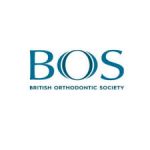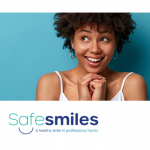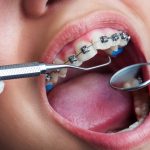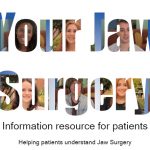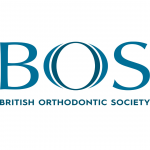The British Orthodontic Society is delighted to join a Europe wide consensus that sees 31 professional dental and orthodontic societies, associations, and institutions from 25 countries come together to endorse and fully support a Joint Declaration regarding the unacceptable and potentially unsafe remote treatment of malocclusions. This Declaration by EFOSA (European Federation of Orthodontic Specialists Associations) clearly states the basic requirements that must be met for any orthodontic treatment.
Dentists and Orthodontists all over Europe are witnessing the increasing activities of start-up companies promoting and selling orthodontic treatment using aligners by post with great concern. This type of remote treatment is provided without either proper initial diagnosis or any form of regular clinical monitoring. These companies often present their services as affordable, fast, and safe, although they clearly do not meet required professional dental standards. Orthodontic treatment without proper initial diagnosis and regular clinical monitoring can cause severe risks to patients’ health.
“The unanimity shown by European orthodontists on this subject makes it clear that orthodontics is more than just aligning the front teeth. It is about a holistic approach to care where the patient’s best interests are at the heart of our treatments,” says Prof. Dr. Christian Scherer, who coordinated the project for EFOSA. Every patient should make sure that the basic requirements formulated in the Joint Declaration are also observed in his or her treatment so that their treatment is practised safely.”
Anjli Patel, Director of External Relations for the British Orthodontic Society added, “Orthodontic treatment without thorough clinical face-to-face examination of the patient, x-ray imaging and regular clinical monitoring, is potentially hazardous to the patient’s health. Any self-administered and remote treatment cannot be justified from a professional medical perspective and thus represents a serious violation of ethical, medical and dental standards.”
The Joint Declaration on the remote treatment of malocclusions is available in twelve languages. It reads:
On the remote treatment of malocclusions
Various companies offer self- and remote treatment of malocclusions without direct contact between patient and a regular dentist by means of tele-media by transmitting image or video files. Treatment planning is based on impressions taken by the patient themselves, followed by consecutive manufacturing and deployment of treatment devices – particularly aligners – to the patient via mail. Treatment progress monitoring happens entirely without patient contact.
In this respect we declare:
- Any treatment of malocclusions represents a medical intervention in the stomatognathic system and should therefore be exclusively performed by a fully qualified dentist.
- Any treatment of a malocclusion must be preceded by a thorough clinical examination of the patient. Moreover, imaging findings must be evaluated for adequate treatment planning in order to identify contraindications or special risks.
- Any treatment of malocclusion requires regular clinical monitoring. It is essential to assess the treatment progress, but also to detect possible complications such as undesirable tooth movement or other intraoral pathologies at an early stage.
- Patient self-treatment and exclusive patient remote treatment must therefore be rejected as potentially hazardous to the patient’s health. Exclusive self- and remote treatment cannot be justified from a professional dental perspective. Exclusive self- and remote treatment represents a serious violation of the dental standard.
We have endorsed this joint declaration




